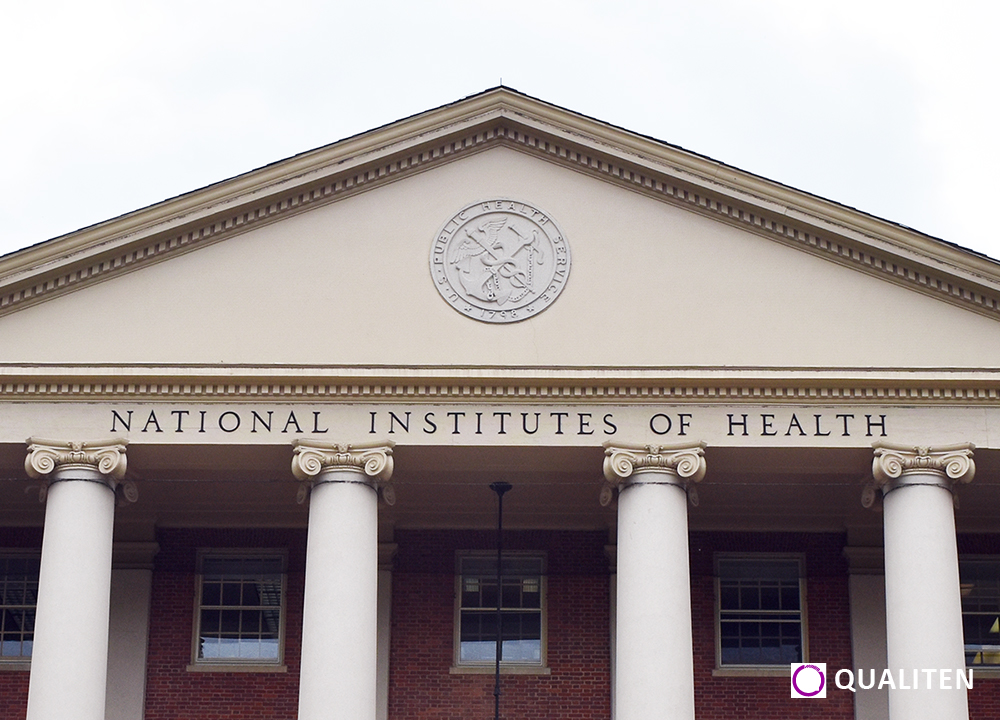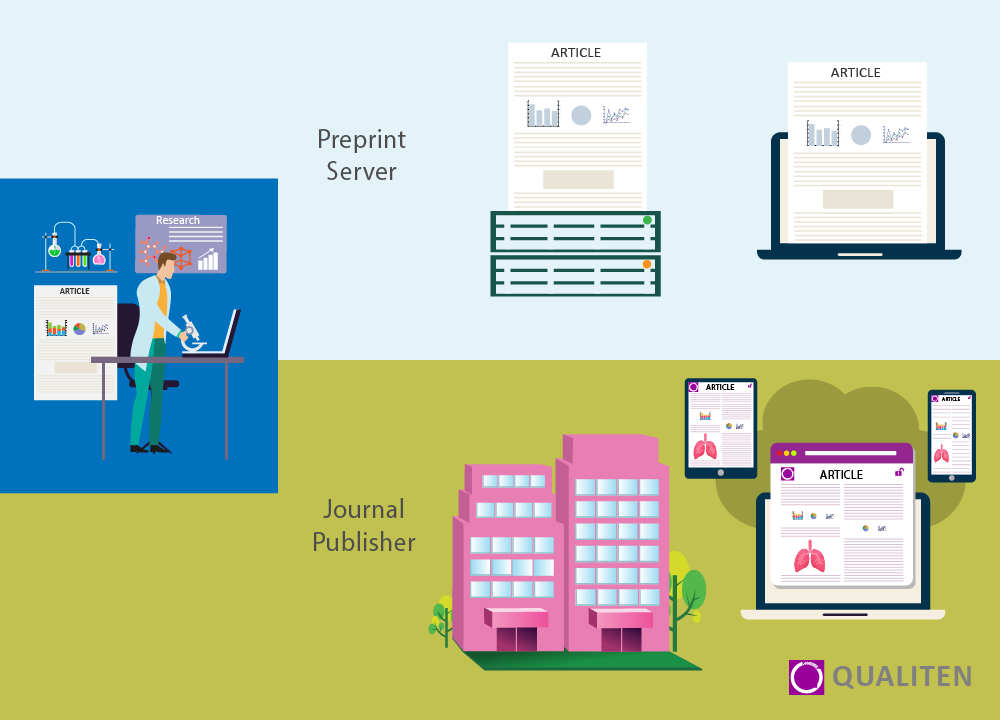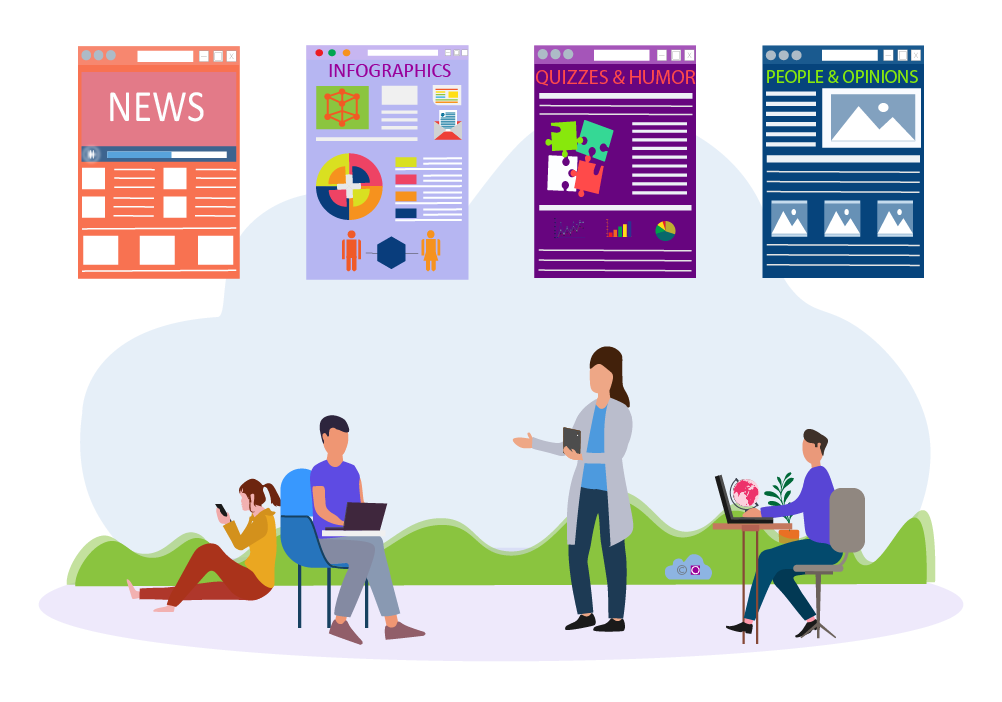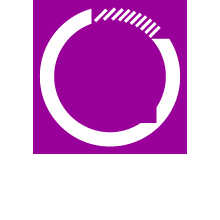“We choose hope over fear. We see the future not as something out of our control, but as something we can shape for the better through concerted and collective effort.” – Barack Obama (44th President of United States; lawyer, politician, author, teacher, and a leader)
Rare Disease Day reminds us of hope, positivity, and courage to move forward and never give up in the quest for raising awareness and finding cures for rare diseases.
Key Areas: Rare Diseases I Science I Medicine I Advocacy I Open Access
Series: Advocacy – News & Analysis
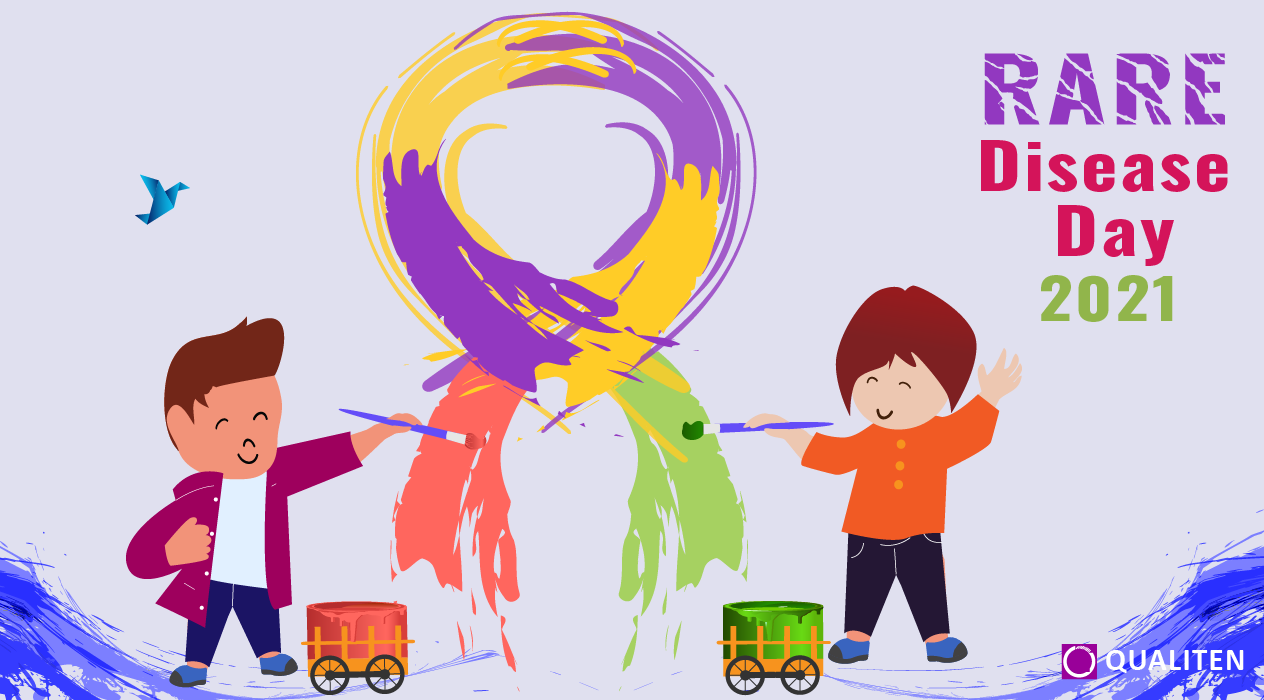
What are rare diseases? How are we affected and why more awareness is required? Rare diseases are those diseases which affect a small number of population and their awareness is paramount! Like many other diseases, rare diseases can affect anyone and at any time. But unlike most of the common diseases, majority of rare diseases lack adequate diagnostic tools and treatments.
A disease is designated as a “rare disease” (also called “orphan disease”) if it occurs in fewer than 200,000 people in USA at a given time. Although the definition and number vary from country to country, the basic concept is same, that is, a rare disease affects only a few people in a population. However, if we see the big picture, there are over 6,800 rare diseases that affect about 30 million Americans and over 350 million people worldwide, which is 4% of world’s population [1,2]. More than 70% of rare diseases are hereditary and majority of which onset at childhood [3]. Over 95% percent of rare diseases are still without any approved drugs; thus, many of the rare disease patients may not see a cure in their lifetime [4].
Rare disease patients and their families carry the weight of many things such as long and emotional ordeal through diagnosis, treatment costs (if treatment is available), everyday activities, personal lives, careers, and many more. When balancing these factors, a lack of access to information and limited connectivity increases their hardship and hinders their growth as an individual and family.
Additionally, lack of sufficient disease-related data can impede the overall drug discovery and development. Thus, public participation and awareness become even more vital in orphan drug development because of scarcity of the rare disease patients’ data, variable disease course, and limited natural history. Efficient interactions between patients, families, researchers, pharma, and drug regulatory agencies during basic research, open access publication, clinical development, and regulatory approvals are critical for the timely development of rare diseases diagnostic tools, devices, and drugs.
Participating in rare disease events (physically or virtually), clinical trials, online communities, and local advocacy groups are avenues to connect with other people facing similar experiences and challenges. For example, meeting people at rare disease conferences at Sanford Burnham, NIH, UCSF, and Vasculitis Foundation have taught our team few important things, that there are many voices and stories that needed to be heard; there are people at far-flung locations who look for the connections; there are motivated researchers, drug developers and government agencies who want to innovate and develop treatments. Being mindful of these things, Qualiten Press has created platforms such as Rare Is Special and peer-reviewed open access journals (Qualiten Journals) to connect people and to provide clear, concise, and accessible information to those with rare diseases. Public participation, research, open access, and community engagement can drive us forward in finding diagnosis and treatments of many rare diseases.
At Qualiten Press, we firmly believe that science holds the key to understanding of many rare diseases and their cure. We look forward to learning more and advocating for rare diseases by attending the NIH Rare Disease Day event on March 01, 2021, from 10:30AM to 5:30PM EST. This year the event is happening virtually.
Register and participate in NIH Rare Disease Day event, March 01, 2021: NIH Event Information
Learn more about rare diseases: National Institutes of Health (NIH), Rare Diseases Clinical Research Network (RDCRN), National Organization for Rare Disorders (NORD)
Share the information, talk about it, and join hands to raise awareness on rare diseases! Just one share from you can connect others and solve challenges faced by the people around you.
“Public participation, research, open access, and community engagement can drive us forward in finding diagnosis and treatments of many rare diseases.”
– Qualiten Press
Copyright © 2021 Qualiten Press
License and Use: This content is Open Access and under Creative Commons Attribution 4.0 International (CC BY 4.0) license. CC BY 4.0 license allows the sharing, use and reuse of content if attribution terms of CC BY 4.0 license are followed, such as providing proper citation to author(s) and publisher.
